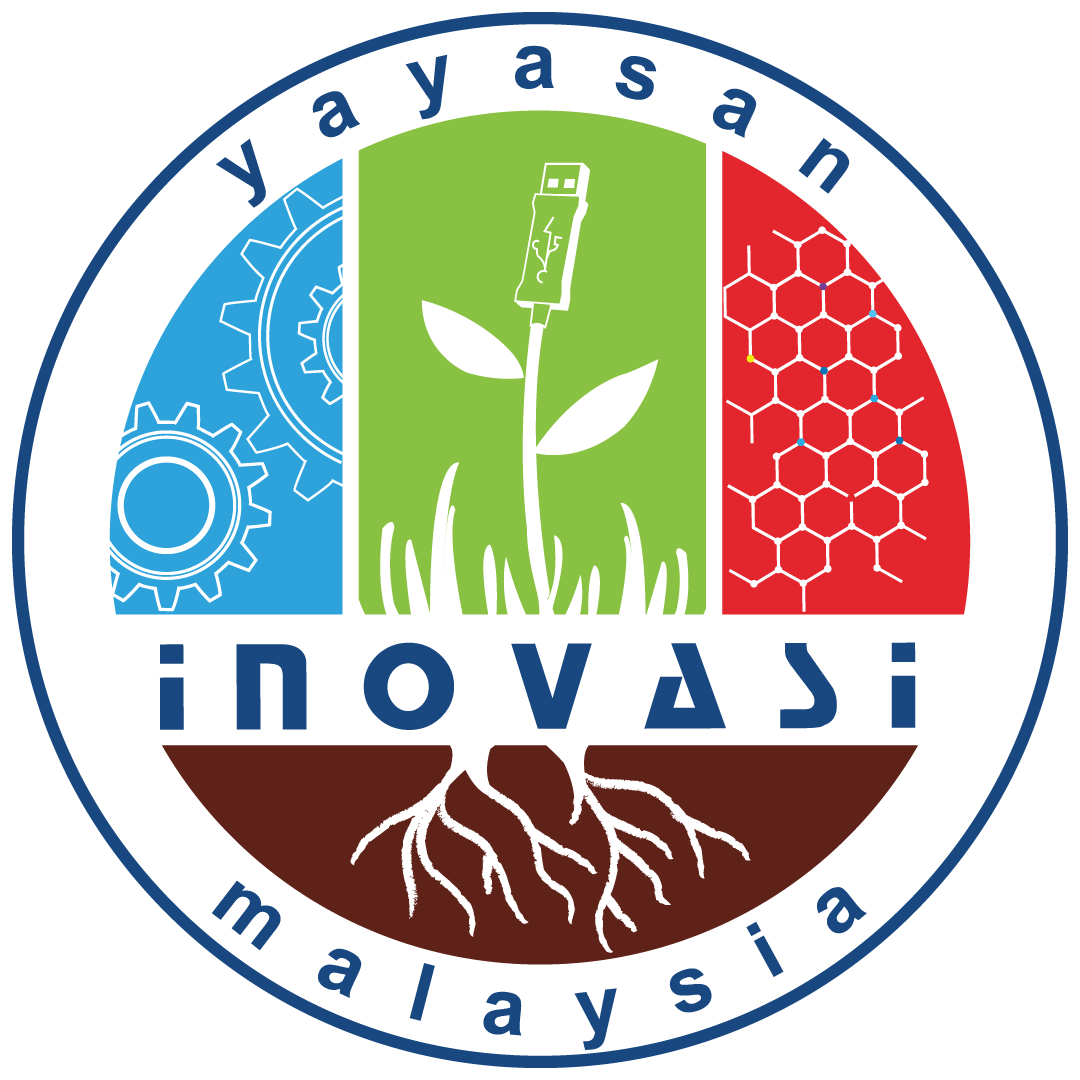Productivity
SURI – Single Mum, Recreative and Innovative Association





Innovator
Mrs. Salena Ahmad
Selangor, 2016
The Population and Housing Census of Malaysia 2010 found that there were 13.9 million women in Malaysia, with 235,240 of them being single mothers. According to the Department of Women’s Development, as of 2016, only 83,775 single mothers had registered with them. This number implies that many more in this group are marginalized and left out from receiving government assistance. In efforts to help single mothers, many non-governmental agencies and bodies are also involved in providing employment opportunities for them. This effort needs to be continually strengthened because there are still many single mothers, especially in rural areas, who have low incomes.
In rural areas, job opportunities are limited and insufficient to sustain daily life. As a single mother, Mrs. Salena Ahmad is aware of the plight faced by this group. She, who shares the same difficulties, strives to break out of this cycle and stand taller. Her desire was realized by establishing a social enterprise company called SURI. SURI’s main objective is to maximize profits through a business supported by single mothers. This aligns with the desire to increase the income of families led by single mothers.
Operating in Sungai Udang, Klang, Selangor, Salena leads SURI by attracting up to 20 single mothers in the area to undertake sewing-based projects. What’s appealing about this project is that they sew various products such as school bags, handbags, wallets, and more using discarded jeans and clothing. Although the project focuses on profit, the products have their own innovative value. The innovation using recycled materials contributes to waste reduction and directly supports the government’s desire to make Malaysia an environmentally friendly country. This effort is carried out in stages according to the skills available to the participants. Salena ensures that new participants have the opportunity to learn basic sewing skills before being trained to sew ordered products. This project is conducted in Salena’s own home, which serves as the operations center. Participants bring their own sewing machines and work part-time for about 8-16 hours a week. Through this project, participants can generate an additional income of RM500-RM800 per month. Typically, single mothers participating in this project have incomes of RM1000 and below. With the increasing cost of living, Halena hopes that her efforts can help support their dependents to some extent. The SURI project also provides opportunities for the children of single mothers to participate in auxiliary tasks. Indirectly, they are also trained in sewing skills and business knowledge that can be utilized in the future.
This project cannot be sustained without support and encouragement from various parties. However, Salena is not alone. From time to time, various parties including non-governmental organizations and agencies continue to cooperate to help them. As part of corporate social responsibility, they contribute by providing sewing materials such as used jeans and ordering products produced by SURI. Through these contributions, production costs can be reduced. Moreover, with many orders, it directly provides income to SURI participants.
Salena’s struggle with the SURI mission also called upon the Malaysian Innovation Foundation (YIM) to collaborate with them. YIM opens its doors widely to assist innovative entrepreneurs like Salena. Indeed, since its inception, YIM has been driven by the desire to promote innovation for the benefit of innovators, communities, and the Malaysian people in general. What Salena has done fits the characteristics of innovation sought by YIM. With this cooperation, YIM not only injects financial resources but also elevates this enterprise to a much higher level.
Among the assistance provided are high-powered sewing machines that can operate well under heavy usage. Previously, participants had to bring their own sewing machines. Using portable sewing machines did not help in terms of productivity, especially when used to sew thicker and rougher jeans fabric compared to regular fabric. With these new sewing machines, productivity has increased, and orders can be completed in a shorter time. Additionally, marketing aspects are not neglected. The wide online market needs to be utilized. Therefore, YIM built a website that serves as an alternative store marketing the produced products. Through this website, buyers can view the description of each product and make purchases directly from there. Not only that, YIM also placed an order for 200 bags to be distributed through various programs. As a government agency, programs conducted or participated in by YIM usually involve extensive networks. This directly helps to promote products produced by SURI. The culmination of this cooperation is when YIM collaborates with SURI to build another similar center in Banting. YIM believes that such centers can benefit single mothers wherever they are.
In efforts to narrow the income gap, YIM has launched the High Impact Programme 6 (HIP6). The main objective of HIP6 is to reduce the income gap among Malaysians by unearthing ideas and innovations similar to the efforts undertaken by Salena and SURI. This project can benefit and have an impact on target groups to improve the living standards of communities and target groups such as single mothers.
Mrs. Salena Ahmad is the founder of a social enterprise company called SURI. SURI’s main objective is to maximize profits through sewing-based business supported by single mothers. Regardless of age or location, women need to have the confidence and courage to move forward.
With YIM’s assistance, innovation potential can be developed to its fullest. The High Impact Programme 6 (HIP 6) helps her financially and enhances existing facilities so that this enterprise can be developed in several other locations.
